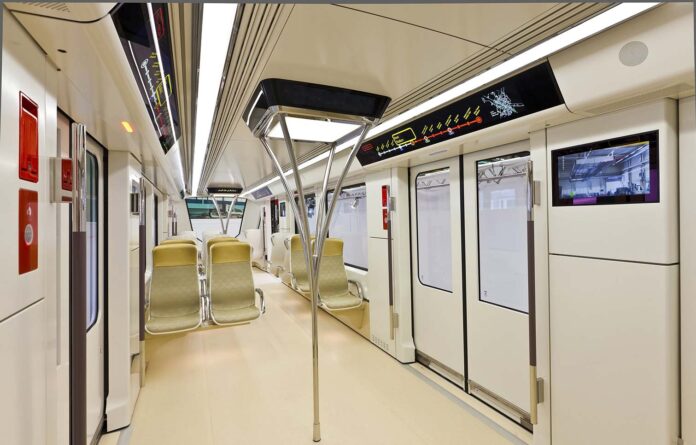Two years ago, Ezza Fatima brought immense pride to her family by getting admitted to NUST, Islamabad after passing with flying colours in the entrance exam. Her parents were happy, Fatima was content, and the future looked bright. Except for one hitch: Fatima lives in Bahria Town Phase 8 which is approximately 23 kilometres or an hour away from NUST.
In another household, Mohammad Akram’s wife, Saba Kiran, one evening proudly boasted to her friends that her husband got a permanent government job as a driver in the Ministry of Defence. No matter the rank, in Pakistan a government job brings stability, prestige, yearly appraisals and access to many other perks. The couple lives in Khanna Pull, Rawalpindi and Akram’s workplace at the Pak Secretariat is approximately 12 kilometres away from his residence, an enormous distance but manageable with his CD 70.
Given that the latest petrol rate since January 29, 2023, is Rs 250 per litre, let’s look at the daily expense for both Fatima and Akram. Fatima’s car gives her an average of 12 kilometres per litre, which means she spends at least Rs 500 on her one-way ride to university. So on a daily basis, she spends Rs 1,000 just to attend university. On the other hand, Akram’s bike gives an average of 35 kilometres per litre, which means he spends about Rs 85 on his one-way ride to his workplace. On a daily basis, he spends Rs 180 every day visiting his office.
Both Fatima and Akram are in a long-distance relationship with their dreams. The relationship turned toxic, as fuel prices saw a surge. Although Fatima and Akram come from very different socioeconomic backgrounds, both have found a solution in the Metrobus, which costs them Rs 80 (40+40) for a round trip to university and work, respectively.
With the current price hike, the fuel burden has reached a historic high. It’s no longer a matter of affordability for an ordinary citizen, but it is also a heavy burden for an already cash-strapped government. According to the Pakistan Bureau of Statistics in December 2022 30% of Pakistan’s total imports were spent to buy fuel only. The import bill is likely to go upward as fuel prices reach a historic high, and the dollar peg is removed. Such difficulties for the government are manifested in the lives of ordinary citizens, as they are the ones repaying the debt through high energy costs to fill the fiscal gap.
In this scenario, a lot of people are looking for alternate options. Mass transit, which argues in favour of affordability, mobility and environment preservation may become the safe haven for the plunging economy. To understand this, let’s explore it further. The content in this publication is expensive to produce. But unlike other journalistic outfits, business publications have to cover the very organizations that directly give them advertisements. Hence, this large source of revenue, which is the lifeblood of other media houses, is severely compromised on account of Profit’s no-compromise policy when it comes to our reporting. No wonder, Profit has lost multiple ad deals, worth tens of millions of rupees, due to stories that held big businesses to account. Hence, for our work to continue unfettered, it must be supported by discerning readers who know the value of quality business journalism, not just for the economy but for the society as a whole.To read the full article, subscribe and support independent business journalism in Pakistan


























Thanks for sharing beautiful content. I got information from your blog. keep sharing.
온라인 카지노
j9korea.com
Public transport is quite useful and cost-effective for many people.
I had a very nasty divorce about 3years ago which left my credit bleeding( my ex was jobless so I was made to bear the brunt of our debts). I had tried everything possible to get my credit back on the right track, but nothing seemed to work. I used Lexington Law for 2 years+(they were only able to get me 25points). A month ago I came across a 5 star review about Metronet Credit Solution on a credit forum. I decided to try them when I found out they were highly rated by many users and I’m happy I contacted them. They removed every negative item from my credit history and my score climbed to 792, 787 and 769 respectively. I would highly recommend them! They are very consistent, professional and helped me achieve my credit goals. They can be reached on gmail at metronetcreditsolution.
As a Lahori I can tell you that public transport has done a lot of good for the city and its people. However, public transport system is still inadequate for the city’s needs. For example it doesnt connect to the airport, railway station or “Lari Adda”, which are main points of entry and exit from the city. Moreover, there are a lot of routes where the abundance of Chingchi rickshaws indicate a high demand for public transport.
we need cheap trains for inter city like India
Train is necessary for comman people.